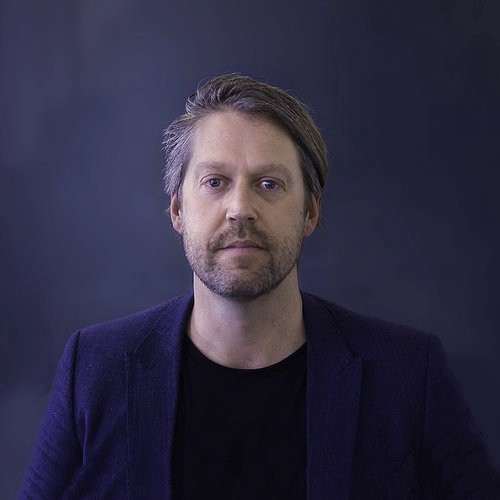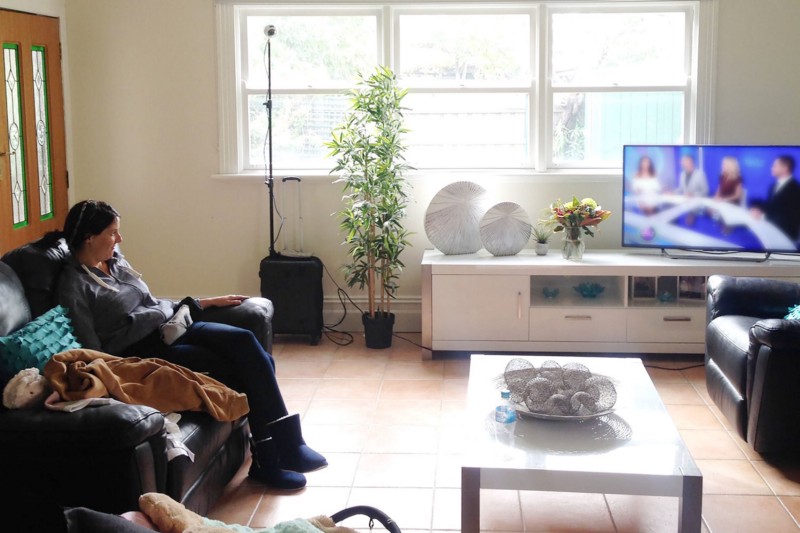Diagnosis of epilepsy often requires a patient to spend days in a hospital wearing an Electroencephalogram (EEG) monitoring cap simply waiting for seizures to occur. It’s uncomfortable for the patient and costly to the medical system. We spoke to co-founder for Seer Medical, Dean Freestone about his experiences and challenges developing an at-home video-EEG-ECG service.

What is your health innovation? What does it aim to do?
Seer offers a complete service for at home video-EEG-ECG monitoring and reporting that aims to move brain and heart diagnostics from the hospital to the home.
At best, hospital monitoring is costly, inconvenient, and provides limited data analysis capabilities. At worst, hospital monitoring is not a possibility or feasible for many people who live in remote areas or have special needs.
To address these issues, Seer combines state-of-the-art portable monitoring systems with the latest technology to provide a fully integrated service for 21st-century patients and doctors.
How do you celebrate and showcase your successes? Who is the first person you tell?
We showcase our successes in a variety of ways, including the results of our research into epilepsy on the Seer Medical website, regular email marketing to our network of referring doctors and patients, and hosting events for our referring doctors.

What challenges have you come up against in developing your health innovation? What motivated you to keep going?
Our own experience and research efforts tell us that cardiologists and neurologists are both extremely busy and highly sceptical of new products or services in their market.
No matter how great our service is, infiltrating the network of referring cardiologists and neurologists who would benefit from it is difficult when we’re competing for their time with pharmaceutical companies who spend more money on marketing than research (!)
But we’re continually motivated by making a difference in the lives of Australians with neurological and cardiac disorders.
We believe that with sophisticated approach to data and analytics, we can forecast epileptic seizures like the weather, and get one step closer to uncovering the triggers (both neurological and behavioural) at the root of the disease. Maybe even cure it one day. And that’s what gets me out of bed every day.
What is one thing the public could do to help your innovation to succeed?
Spread the word to anyone in their lives with epilepsy and/or cardiac issues (like dizziness and fainting).
Awareness of our services comes via doctors, but the more patients who know about the work we do, the more doctors will hear about it too. And that can only be a good thing for us!
What are the benefits of developing your innovation in Australia?
There is an incredible amount of Medtech talent in Australia and we’re fortunate to be surrounded by so many inspiring epilepsy and cardiac specialists. It’s working with these incredibly talented people that gives us an advantage over the rest of the world. We also believe that due to Australia’s burgeoning health innovation sector, doctors and patients in Australia are more likely to embrace change.
The spread of the population in Australia also makes our ambulatory solution extremely useful. We work with patients every day who have delayed diagnosis of potential neurological and cardiac conditions and even been treated without diagnosis due to age, special needs, or living in a remote community. By removing the barriers to diagnosis, we think we can help more Australians can live a better, healthier life.
Seer Medical has over 40 referring doctors across Melbourne and Sydney and is growing fast! To be notified each time Seer Medical progresses be sure to follow it Health Horizon.
What challenges have you come up against in developing your health innovation? What motivated you to keep going?
Our own experience and research efforts tell us that cardiologists and neurologists are both extremely busy and highly sceptical of new products or services in their market.
No matter how great our service is, infiltrating the network of referring cardiologists and neurologists who would benefit from it is difficult when we’re competing for their time with pharmaceutical companies who spend more money on marketing than research (!)
But we’re continually motivated by making a difference in the lives of Australians with neurological and cardiac disorders.
We believe that with sophisticated approach to data and analytics, we can forecast epileptic seizures like the weather, and get one step closer to uncovering the triggers (both neurological and behavioural) at the root of the disease. Maybe even cure it one day. And that’s what gets me out of bed every day.
What is one thing the public could do to help your innovation to succeed?
Spread the word to anyone in their lives with epilepsy and/or cardiac issues (like dizziness and fainting).
Awareness of our services comes via doctors, but the more patients who know about the work we do, the more doctors will hear about it too. And that can only be a good thing for us!
What are the benefits of developing your innovation in Australia?
There is an incredible amount of Medtech talent in Australia and we’re fortunate to be surrounded by so many inspiring epilepsy and cardiac specialists. It’s working with these incredibly talented people that gives us an advantage over the rest of the world. We also believe that due to Australia’s burgeoning health innovation sector, doctors and patients in Australia are more likely to embrace change.
The spread of the population in Australia also makes our ambulatory solution extremely useful. We work with patients every day who have delayed diagnosis of potential neurological and cardiac conditions and even been treated without diagnosis due to age, special needs, or living in a remote community. By removing the barriers to diagnosis, we think we can help more Australians can live a better, healthier life.
Seer Medical has over 40 referring doctors across Melbourne and Sydney and is growing fast! To be notified each time Seer Medical progresses be sure to follow it Health Horizon.
